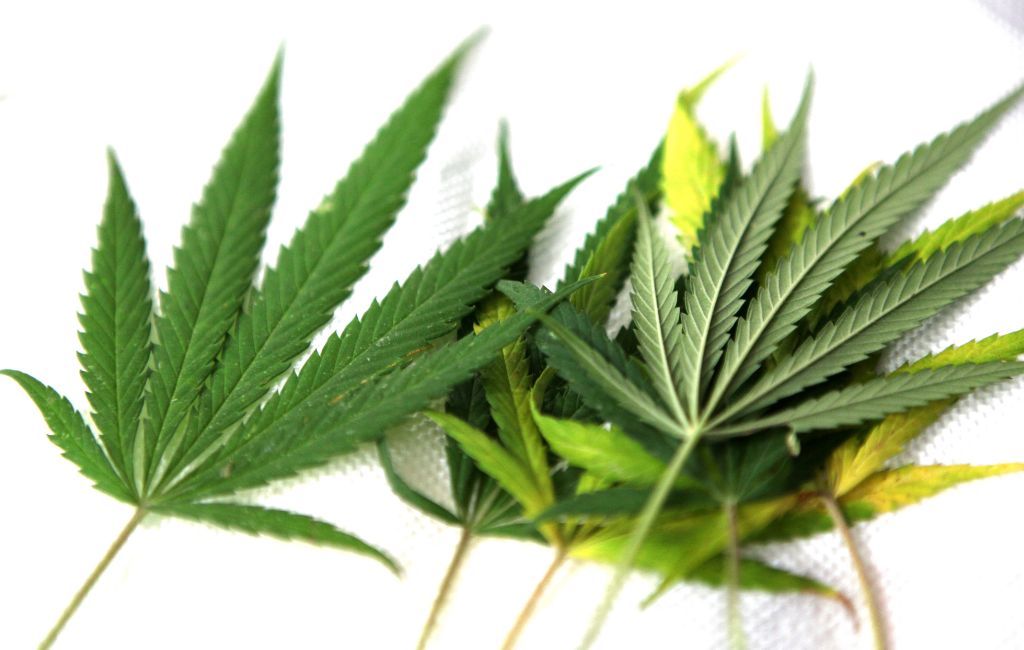Elevate Your Health with THCa Flowers
In recent years, the interest in cannabis and its various compounds has surged, leading to a deeper understanding of its potential health benefits. Among these compounds, THCa (tetrahydrocannabinolic acid) has gained attention for its unique properties. Unlike THC, THCa is non-psychoactive, making it an appealing option for those seeking therapeutic benefits without the high. This article explores the potential health benefits of THCa flowers and how they can be integrated into a wellness routine.
Understanding THCa: The Basics
THCa is a cannabinoid found in raw and live cannabis plants. It is the precursor to THC, the compound responsible for the psychoactive effects of cannabis. When cannabis is heated through smoking, vaping, or cooking, THCa converts to THC. This process, known as decarboxylation, is what gives cannabis its psychoactive properties.
In its raw form, THCa does not produce a high, making it an attractive option for those who wish to experience the benefits of cannabis without altering their mental state. Research suggests that THCa may offer a range of health benefits, which are still being explored by scientists and medical professionals.
Potential Health Benefits of THCa
While research is ongoing, preliminary studies and anecdotal evidence suggest several potential health benefits of THCa:
- Anti-inflammatory Properties: THCa may help reduce inflammation, which is a common factor in many chronic diseases. This makes it a potential option for those suffering from conditions like arthritis and inflammatory bowel disease.
- Neuroprotective Effects: Some studies indicate that THCa may have neuroprotective properties, which could be beneficial for neurodegenerative diseases such as Alzheimer’s and Parkinson’s.
- Anti-emetic Benefits: THCa has shown promise in reducing nausea and vomiting, making it a potential option for patients undergoing chemotherapy or those with chronic gastrointestinal issues.
- Antioxidant Properties: As an antioxidant, THCa may help protect cells from damage caused by free radicals, potentially reducing the risk of certain diseases.
Incorporating THCa Flowers into Your Routine
For those interested in exploring the benefits of THCa, there are several ways to incorporate it into a daily routine:
- Juicing Raw Cannabis: One of the most popular methods is juicing raw cannabis leaves and flowers. This method preserves the THCa content and allows for easy consumption.
- THCa Tinctures: Tinctures made from raw cannabis can be used sublingually or added to food and drinks for a convenient way to consume THCa.
- Topical Applications: THCa-infused creams and balms can be applied directly to the skin, offering localized relief for inflammation and pain.
Case Studies and Research
Several case studies and research efforts have highlighted the potential of THCa in various therapeutic contexts. For instance, a study published in the British Journal of Pharmacology found that THCa exhibited anti-inflammatory and anti-nausea properties in animal models. Another study in the Journal of Neuroimmune Pharmacology suggested that THCa might have neuroprotective effects, offering hope for those with neurodegenerative conditions.
While these studies are promising, more research is needed to fully understand the scope of THCa’s benefits and its mechanisms of action. As the legal landscape around cannabis continues to evolve, it is likely that more comprehensive studies will emerge, providing further insights into this intriguing compound.
Legal Considerations and Accessibility
The legal status of THCa varies depending on the region. In areas where cannabis is legal for medical or recreational use, THCa products are generally more accessible. However, in regions with stricter cannabis laws, access to THCa may be limited. It is important for consumers to be aware of the legal framework in their area before purchasing or using THCa products.
For those who have access, many dispensaries and online retailers offer a range of THCa products, from raw flowers to tinctures and topicals. Consulting with a knowledgeable healthcare provider or cannabis specialist can help individuals make informed decisions about incorporating THCa into their health regimen.
Conclusion
THCa flowers present an exciting opportunity for those seeking the therapeutic benefits of cannabis without the psychoactive effects. With potential anti-inflammatory, neuroprotective, and anti-emetic properties, THCa holds promise for a variety of health applications. As research continues to unfold, the understanding of THCa’s benefits will likely expand, offering new avenues for health and wellness. For those interested in exploring THCa, it is advisable to stay informed about the latest research and legal developments, ensuring a safe and beneficial experience.
